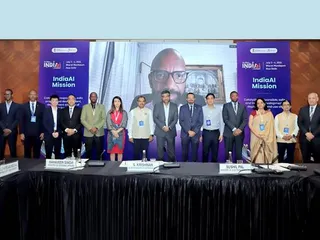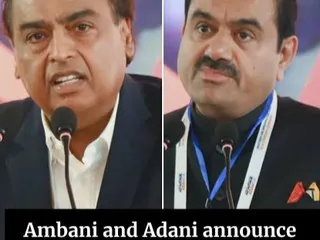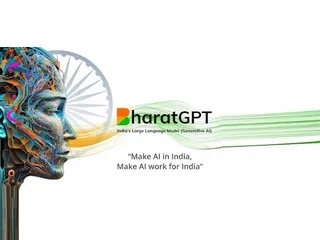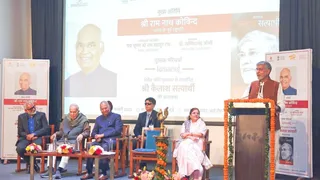The fight against tuberculosis (TB) in India faces challenges in achieving Prime Minister Narendra Modi's goal to eliminate the disease by 2025. Despite the development of promising AI-based screening tools, their implementation in public health programs has been slow. Two notable AI solutions, qXR and Genki, have demonstrated high sensitivity and specificity in detecting TB through chest X-rays.

These tools have been assessed and found to be cost-effective, with the potential to revolutionize TB screening. However, the Central TB Division has delayed the introduction of these approved AI tools into the national program, while recommending the use of another tool, DeepCXR, which lacks a formal health technology assessment. The slow response from the Central TB Division is concerning, as the integration of AI solutions into TB screening efforts could lead to significant savings and improved case detection. Chest X-rays are crucial in identifying presumptive and subclinical TB cases, and AI-assisted interpretation can enhance the speed and accuracy of this process, making it suitable for resource-limited settings. The disconnect between technological advancements and their implementation in public health programs highlights the need for a more streamlined and responsive approach to incorporating innovative solutions in the fight against tuberculosis.















